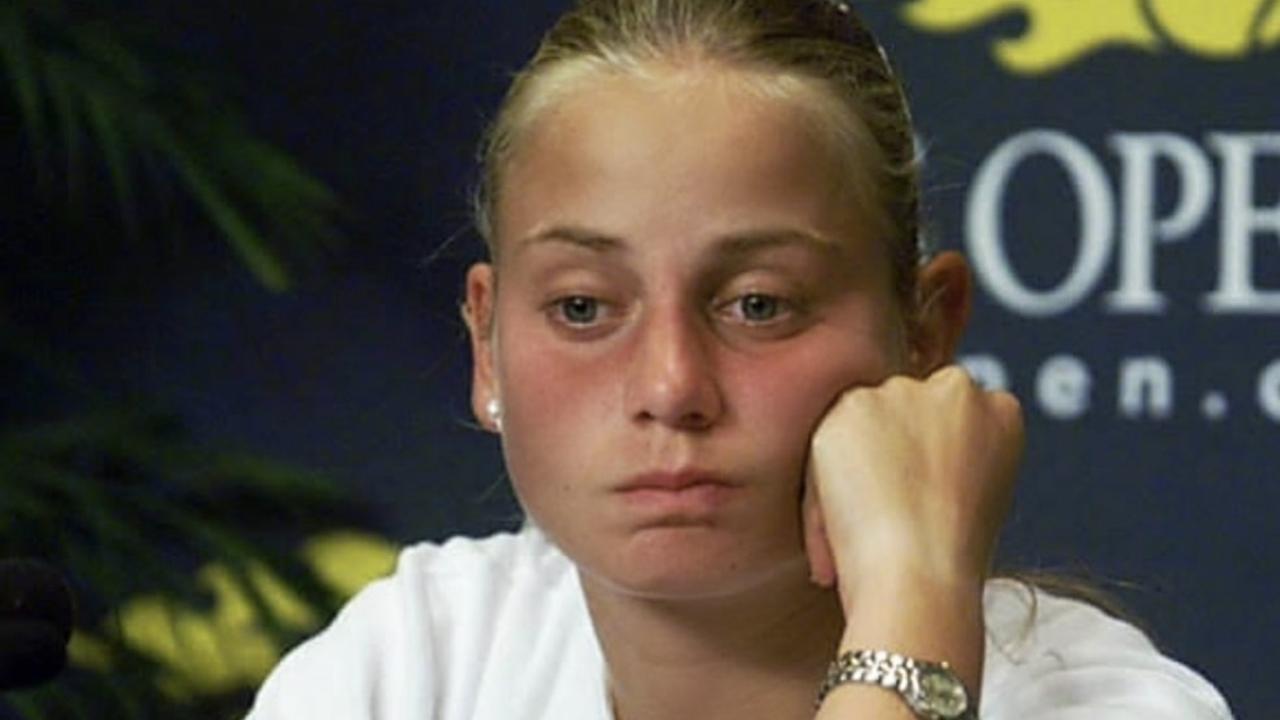‘Urgent’: Youth mental health report reveals Gen Z in ‘serious trouble’
A major report released today has revealed just how “bleak” the future looks for Gen Z.

“Unprecedented” levels of mental health problems are plaguing young people, with experts warning that without an urgent change, they are in “serious trouble”.
The report released on Wednesday by Orygen – Australia’s Centre of Excellence in Youth Mental Health – is the culmination of four years of research into youth mental health by more than 50 leading psychiatrists.
Lead author and executive director of Orygen Professor Patrick McGorry said the research showed that youth mental health was a “global crisis” that required an urgent “paradigm shift” from governments.
“It is now accepted that mental ill-health is the primary threat to the health, wellbeing and productivity of young people,” Professor McGorry said.
“But while it accounts for 45 per cent of disease globally in those aged 10 to 24 years – only two per cent of global health budgets are allocated to addressing it.”
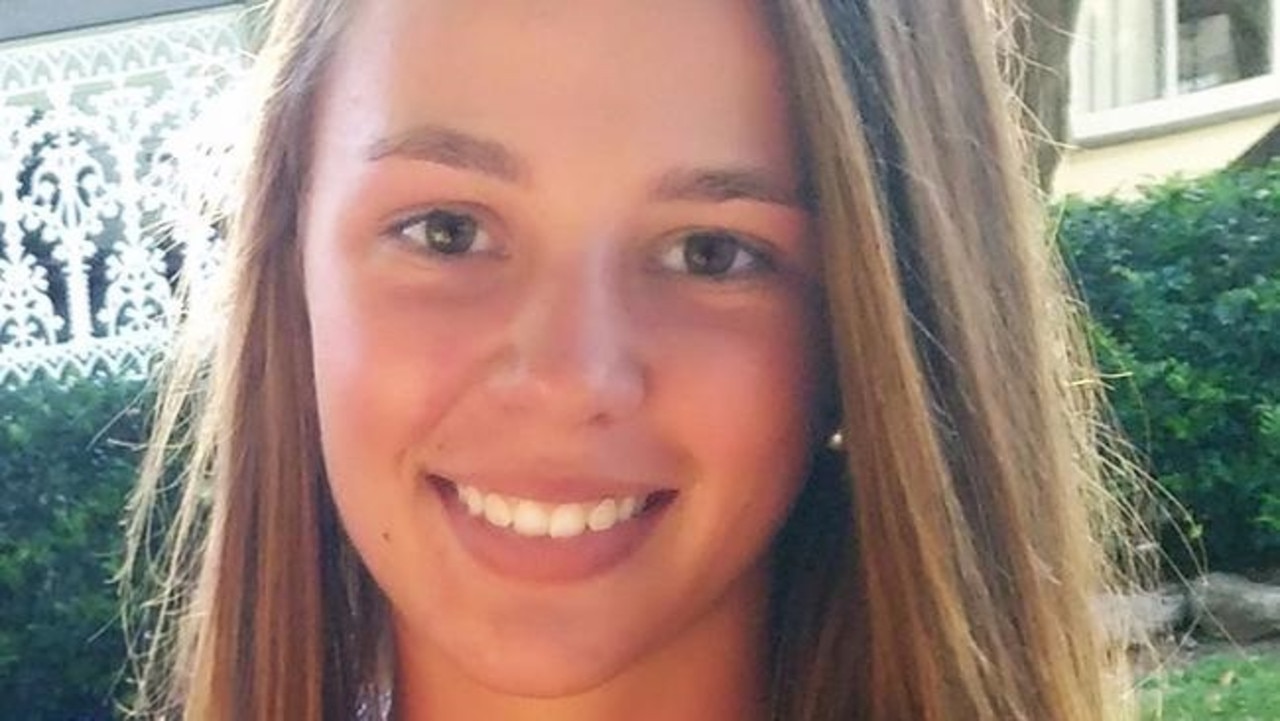
The report states that social media, insecure employment, reduced access to affordable housing and fears around climate change have all played a role in the state of Gen Z’s mental health.
“[These issues] have combined to create a bleak present and future for young people,” he said.
“It is no exaggeration to say young people and their mental health act as the early warning system for contemporary society. They are manifesting the warning signs and symptoms of a society and world that is in serious trouble.”
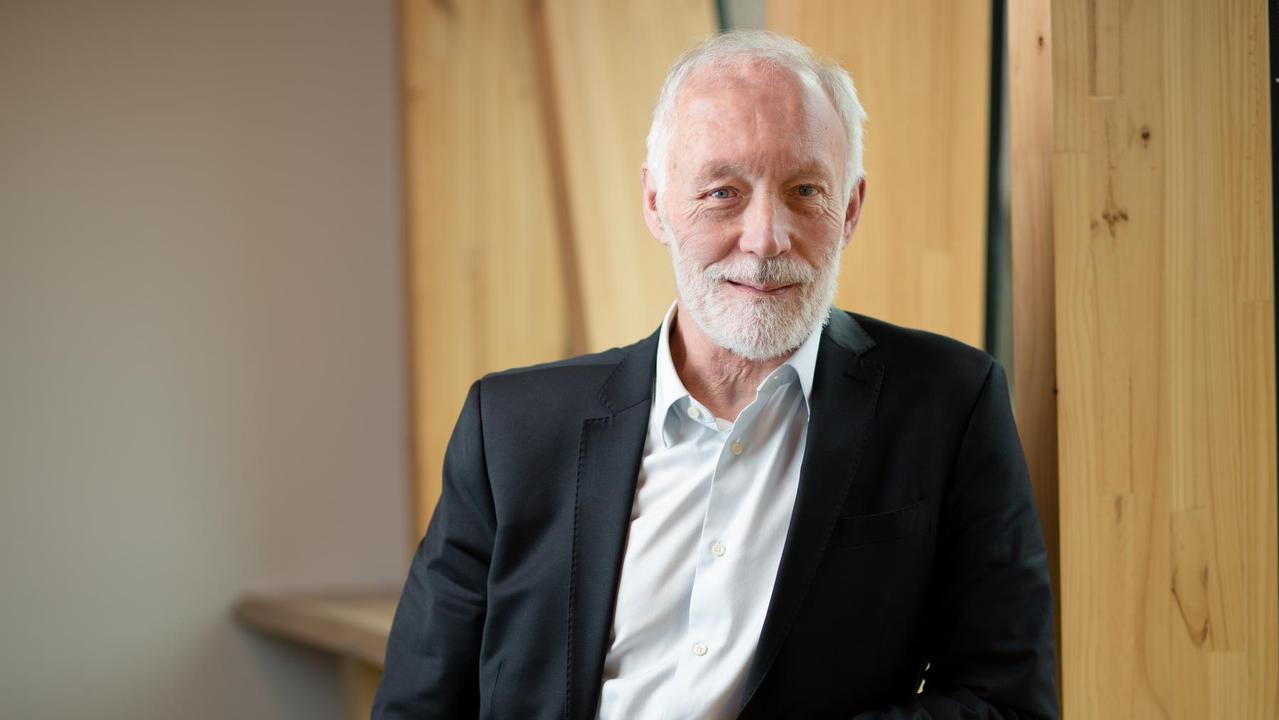
The research also reveals that, in the last 15-20 years, the need for mental health care for those aged 10-24 has risen by 50 per cent.
Joint senior author of the report Professor Srividya Iyer from McGill University said the report was a call for urgent action, with only a small minority of young people across the globe having access to adequate care.
“The neglect of youth mental health is partly attributable to the underinvestment in mental health in general – a problem we see worldwide,” Professor Iyer said.
“This neglect is amplified by the ambivalence society often displays towards young people and their needs, despite the fact young people are crucial for the future of our societies.
“Not only is there a moral imperative to face this crisis in a co-ordinated, collaborative and effective way, but improving youth mental health is necessary to safeguard the future of societies who are dependent on the capabilities and contributions of their young people.”
Real change needed
In May, the parents of Amy “Dolly” Everett shared an emotional message about how their beloved daughter should have been turning 21 this year.
Dolly became the face of the youth mental health crisis in Australia after taking her life at just 14 in 2018 after being subjected to an extended period of bullying and cyber-bullying.
Mrs and Mr Everett created the anti-bullying organisation Dolly’s Dream in her honour, which shared a post on social media to mark her birthday on May 1.
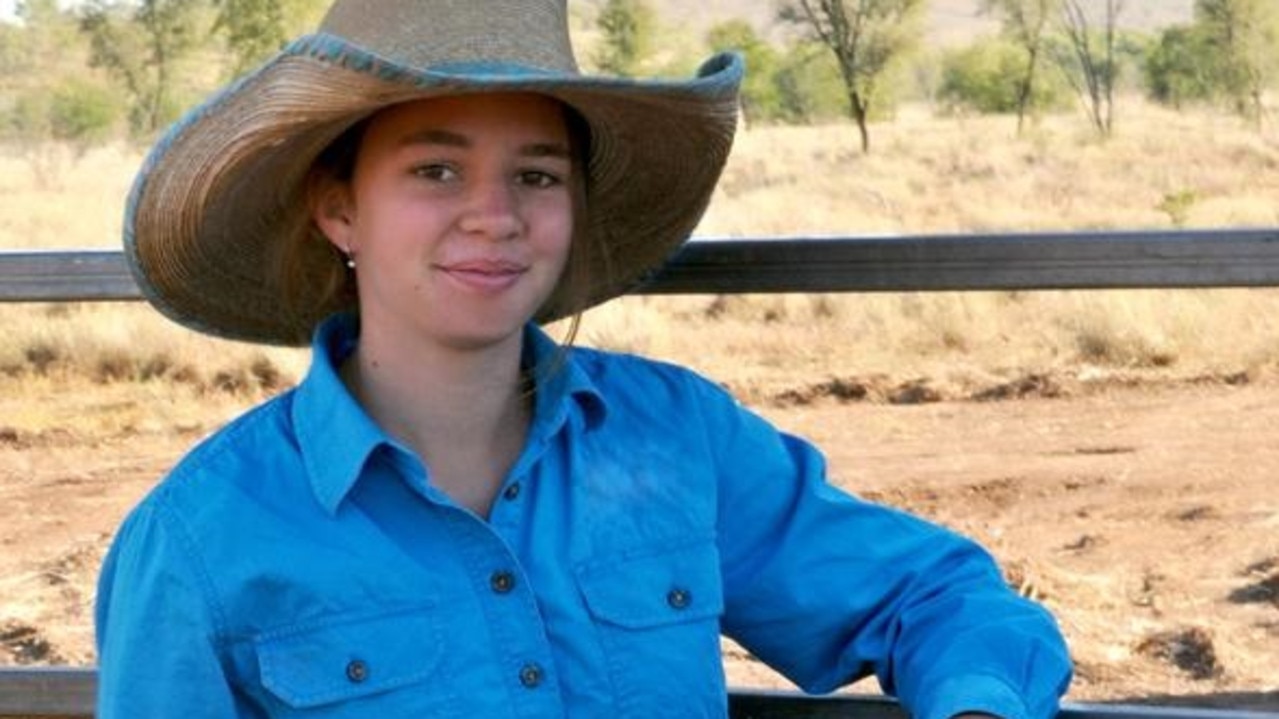
“Today, Dolly would have been 21 years old,” the post read.
“In her memory, we ask that you pause today to be kind to one another, to remember the power of words and – in Dolly’s own words – to speak even if your voice shakes.”
Six years on, Mrs Everett said milestones don’t get any easier.
“On those special days, there’s nothing at all that’ll stop the tears. But we do have an amazing community around us and people that hold space for us. And they say her name so she’ll never be forgotten.”
Looking back with the benefit of hindsight, the 47-year-old said she noticed changes in Dolly before their adventurous little girl who always lit up a room took her life.
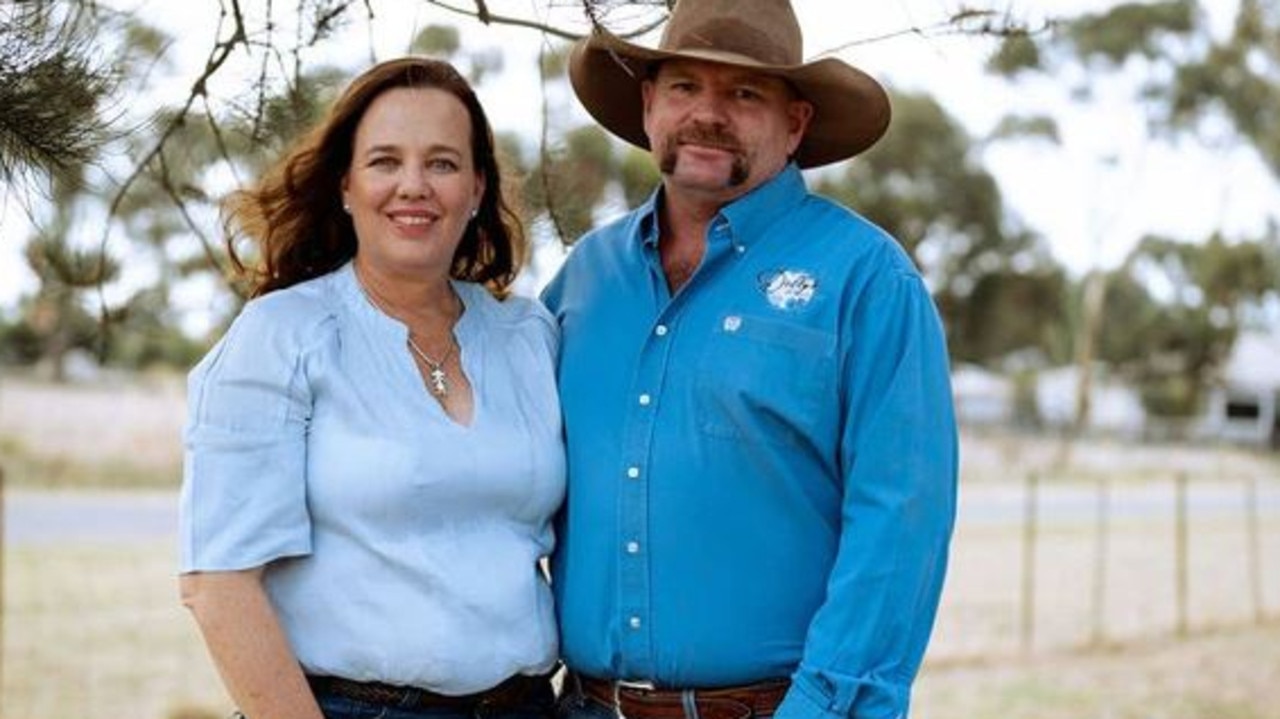
“When Dolly would go back to school, she would have a different personality and she would become more withdrawn,” she said.
“I noticed when she would come home for holidays, she wouldn’t be eating as well as she would normally.
“But one of the biggest indicators for us was her physical reaction to her phone ringing or text message sound coming through. That in itself should have indicated that something was far more wrong than she told us about.”
Dolly was subjected to bullying, vile name-calling and online abuse during her time at a Queensland boarding school.
In November 2017, Dolly wrote a heartbreaking email to her mother about how she handled being confronted by a bunch of students, one of whom told her she should kill herself.
Months later, Dolly took her life on January 3, 2018.




